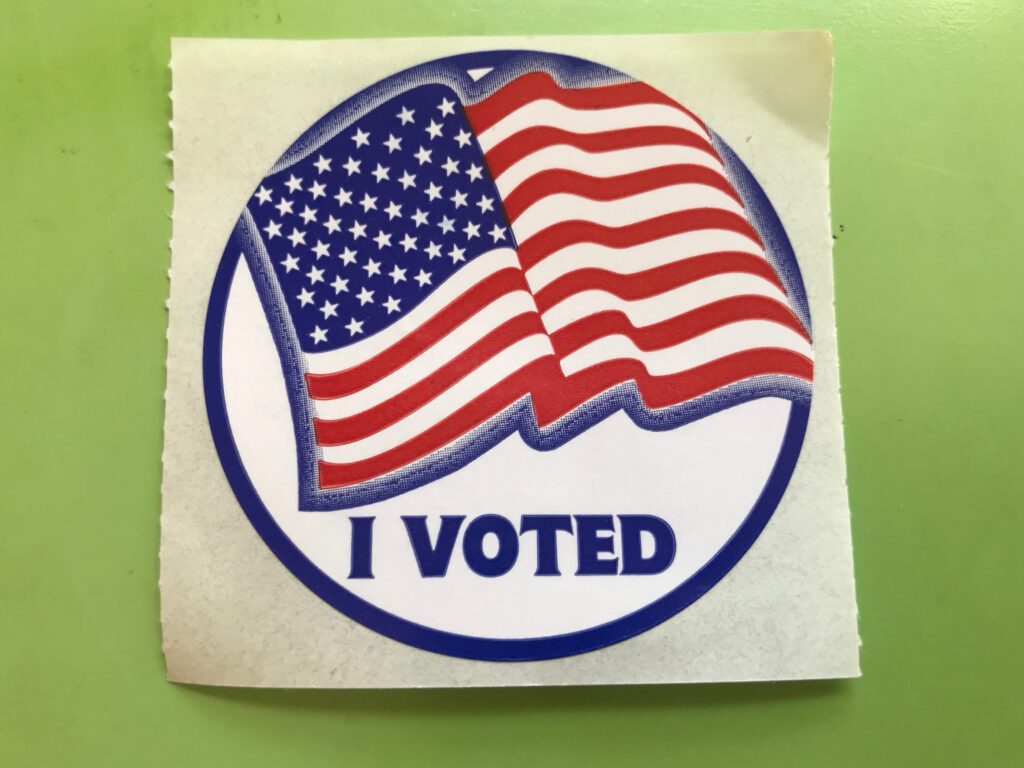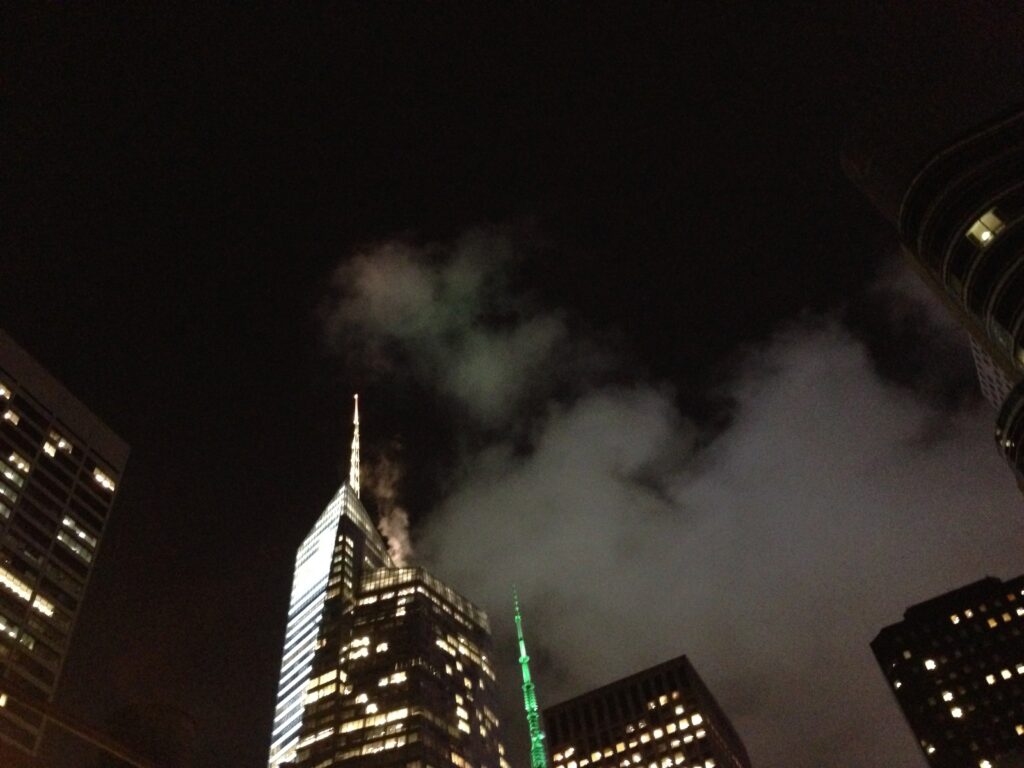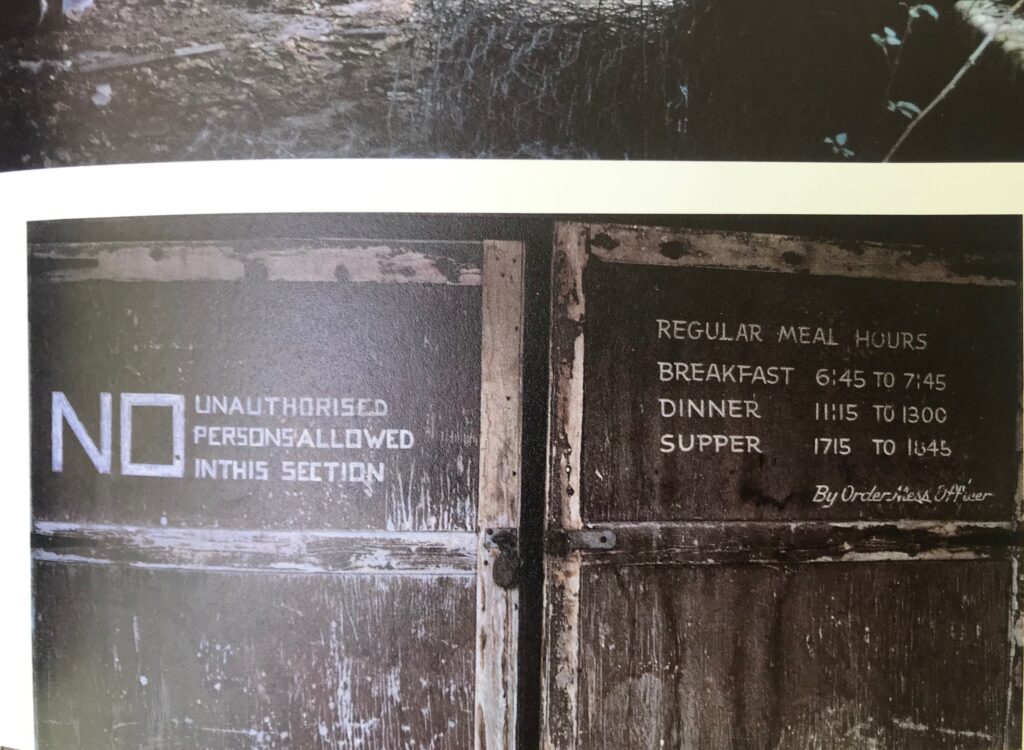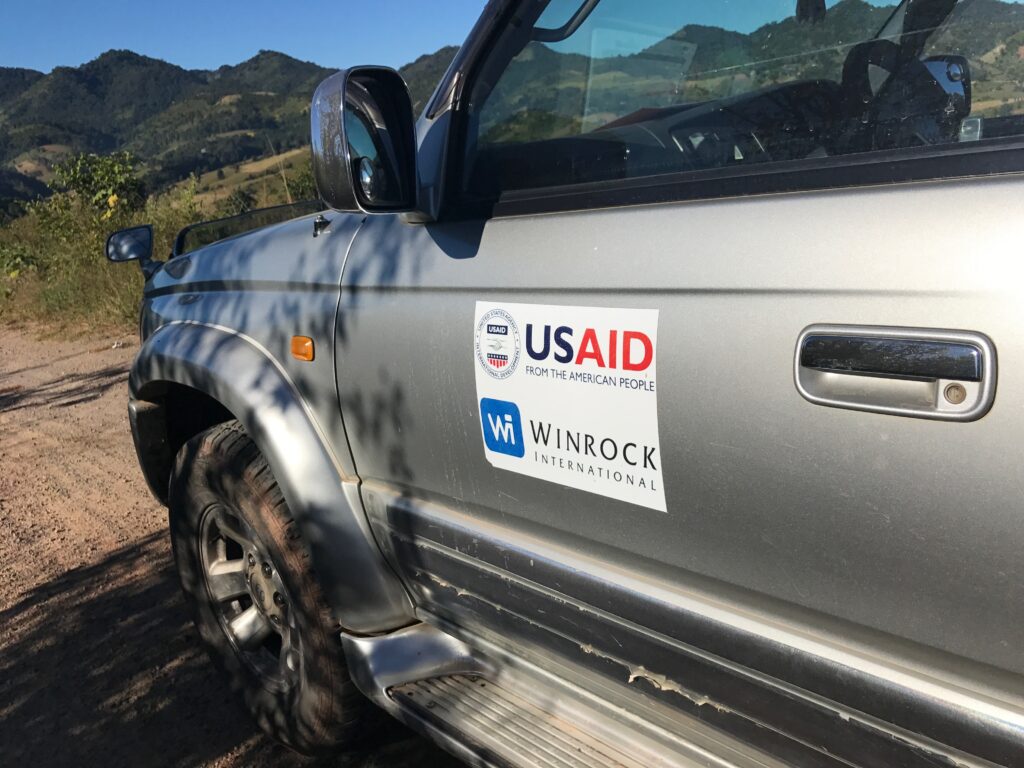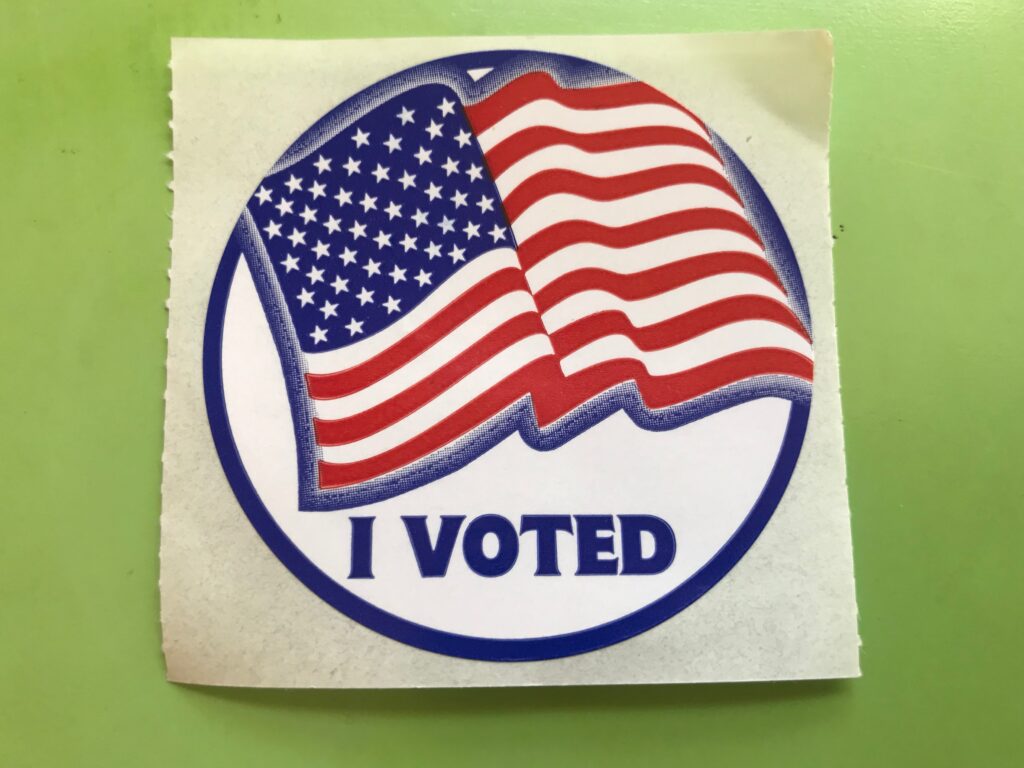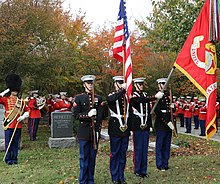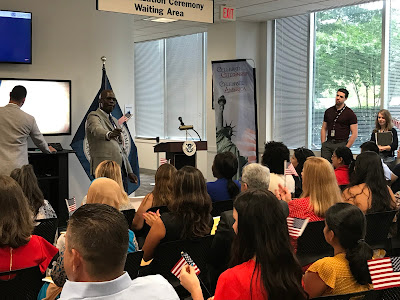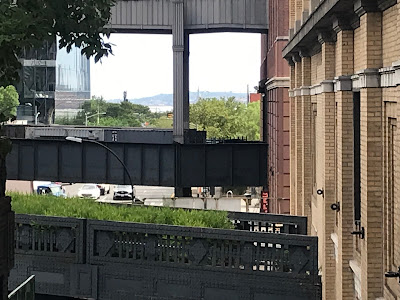Revolutionary!
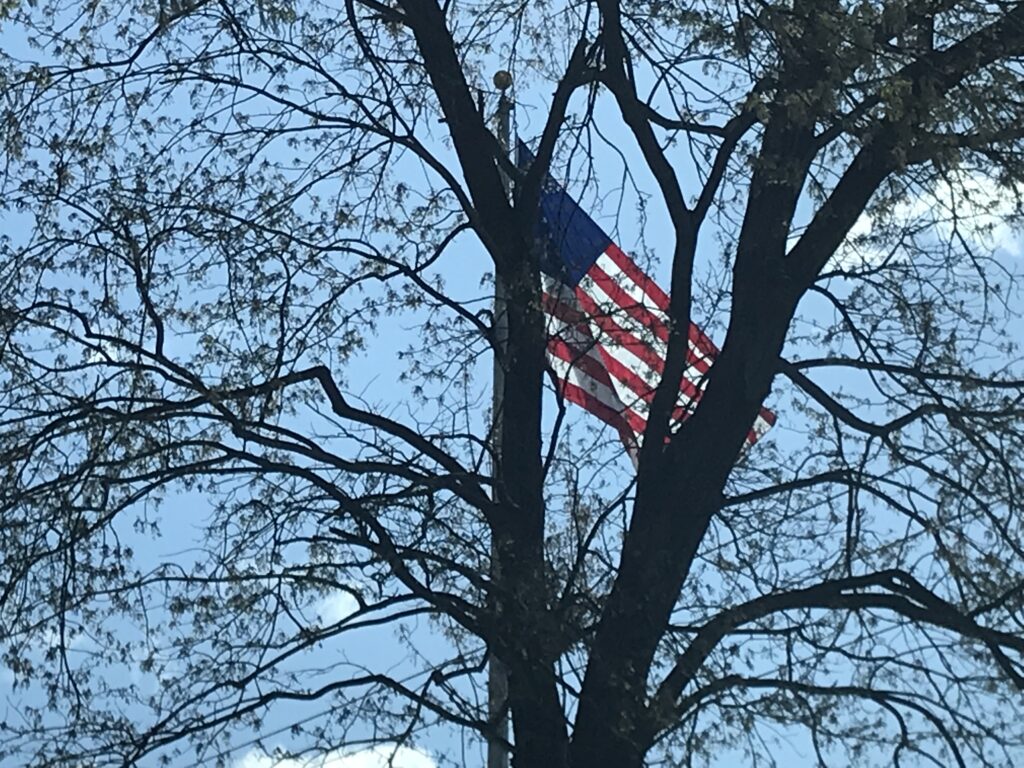
I know that it’s 2025, almost 2026, but in my imagination it’s 249 years earlier. The founding fathers have drafted and approved the Declaration of Independence, but the excitement of that pronouncement has faded with the horror and tedium of war. Washington and his troops are preparing to cross the icy Delaware. The fate of our nation hangs in the balance.
I just finished reading The British Are Coming, the first part of Pulitzer-Prize winning historian Rick Atkinson’s Revolutionary War trilogy. I learned that the war for independence lasted more than eight years and took more American lives than any conflict except the Civil War, with which it had much in common, since brother fought brother.
Meanwhile, I’ve been watching the Ken Burns et. al. documentary “The American Revolution,” which features Atkinson as a talking head. I’m imbibing a double dose of American history — learning about the brutality, the geopolitical maneuvering, the difficulties and the costs.
But I’m also appreciating again the remarkable achievement of the American experiment. Though conceived in violence, slavery and the hostile takeover of native lands, the founding of our nation led to something unique in human history, something “epochal and enduring,” in Atkinson’s words: “the creation of the American republic. Surely among mankind’s most remarkable achievements.” It was revolutionary, you might say.
